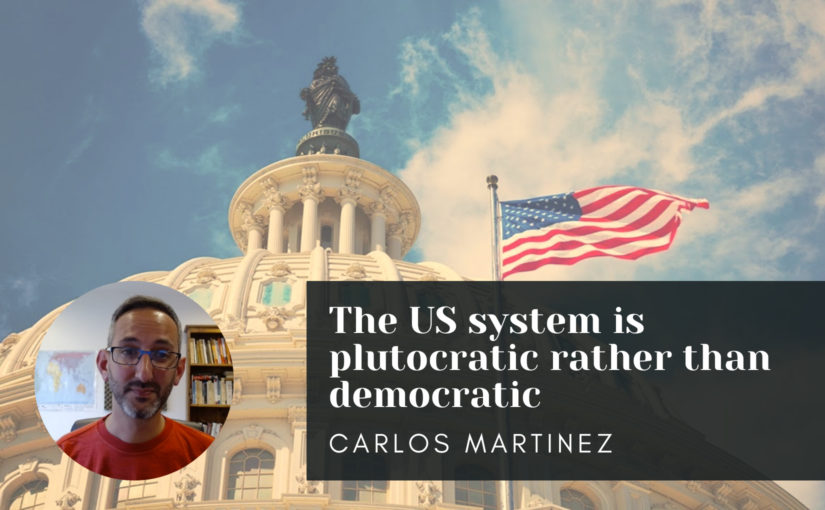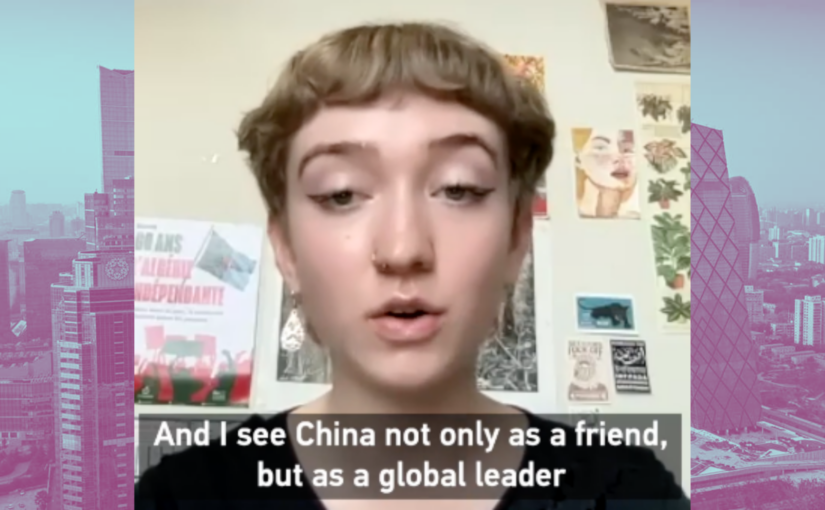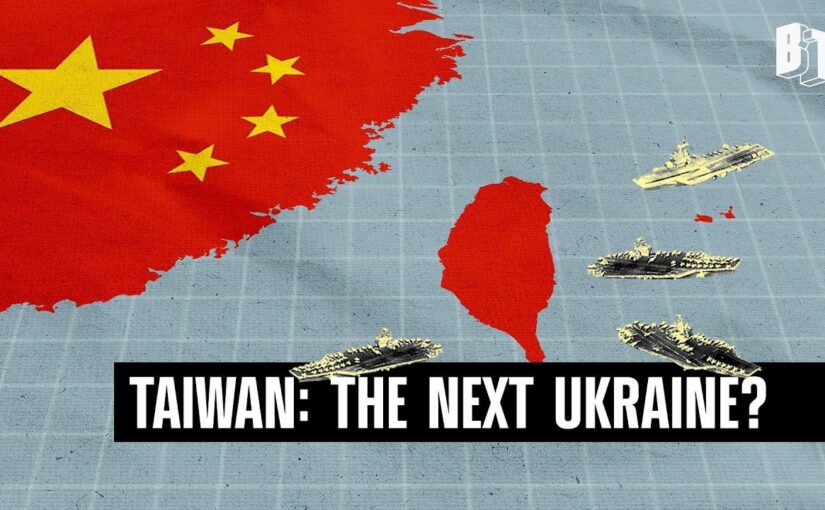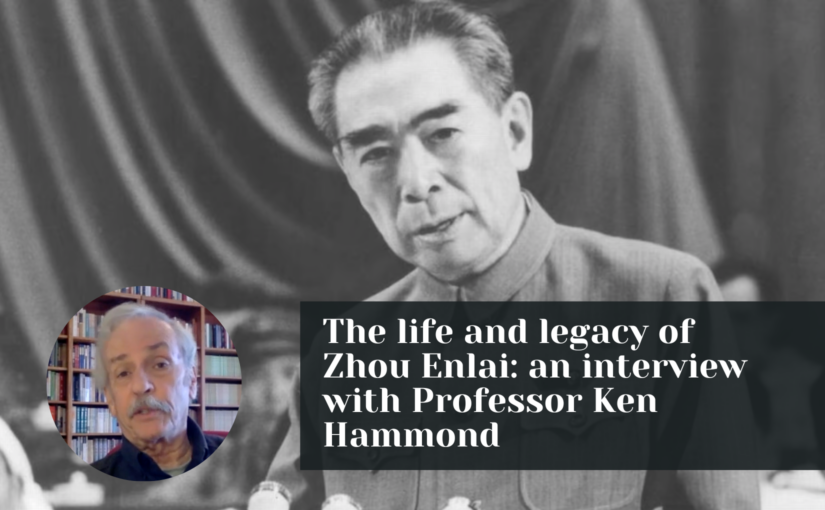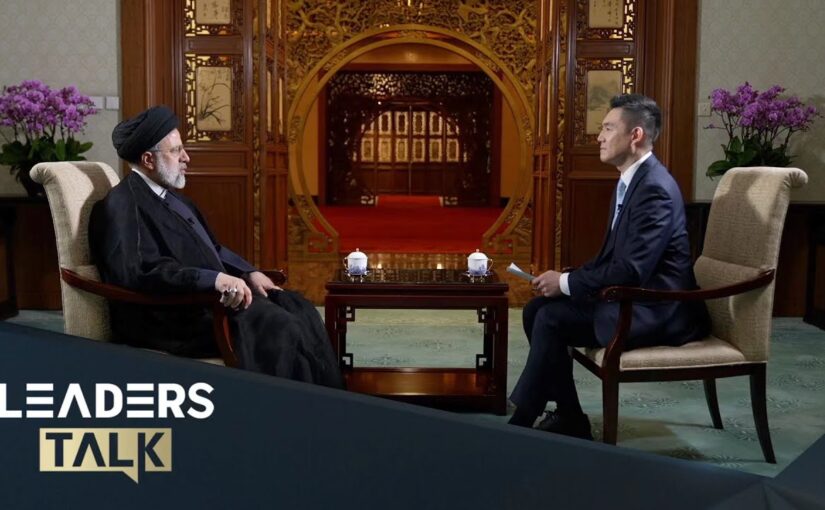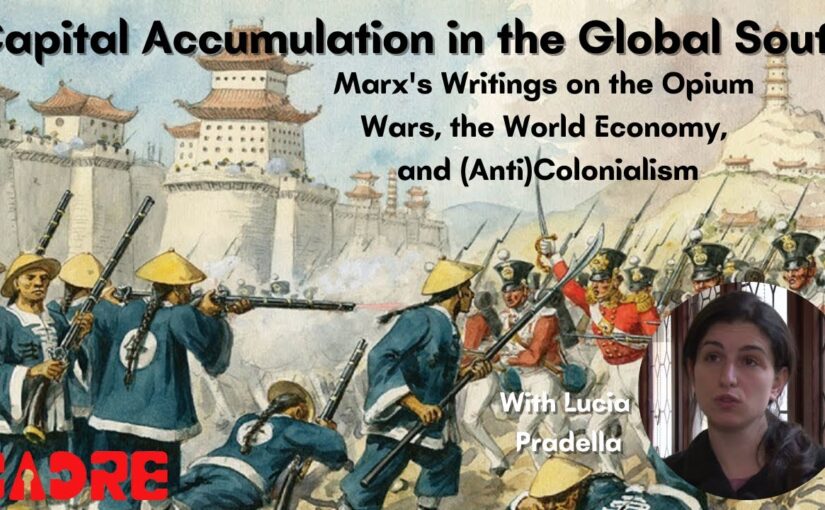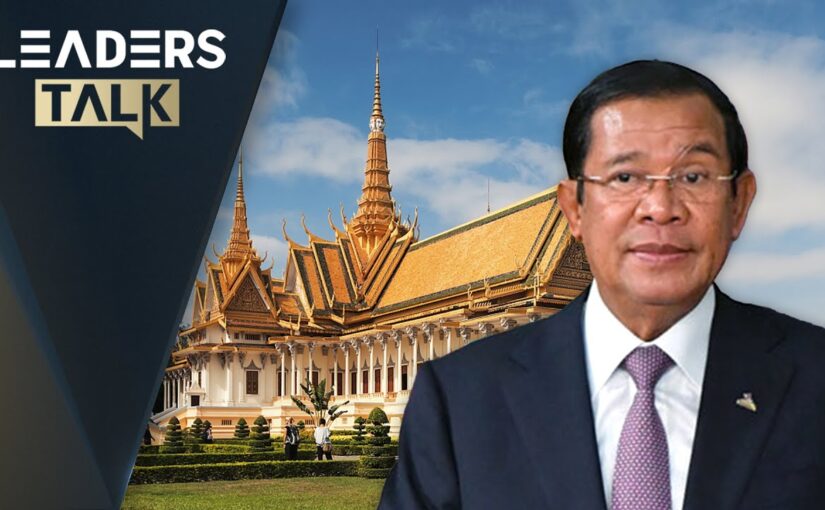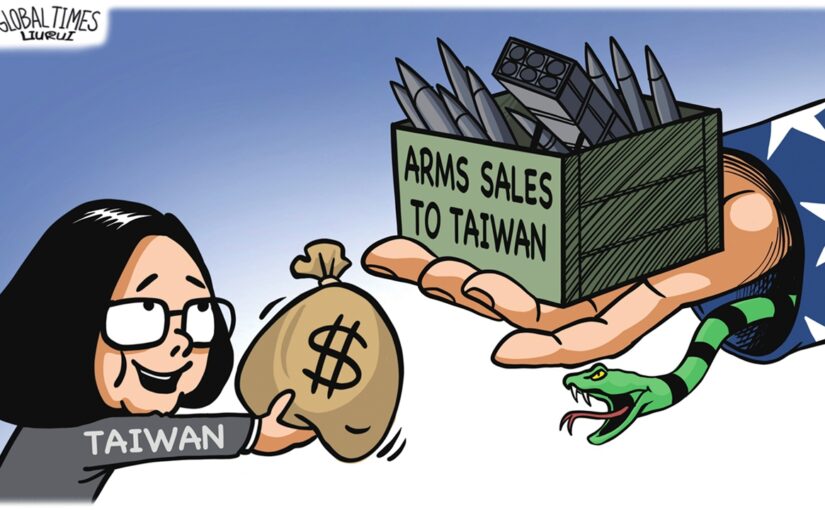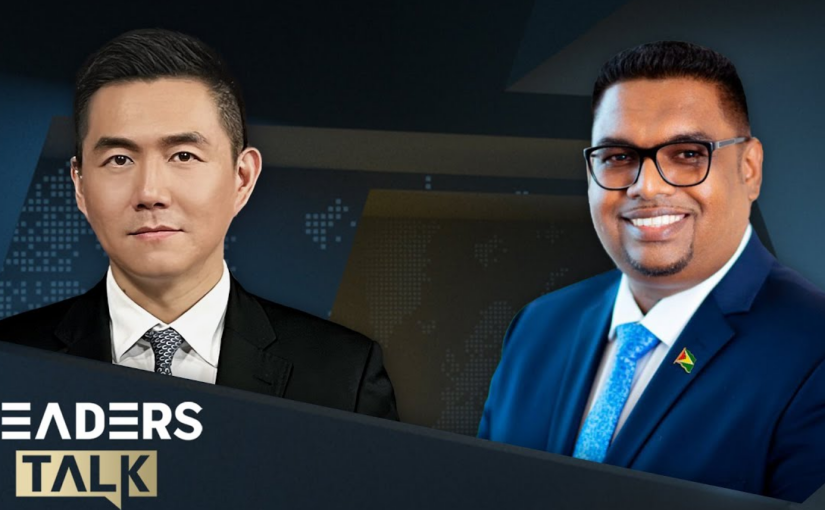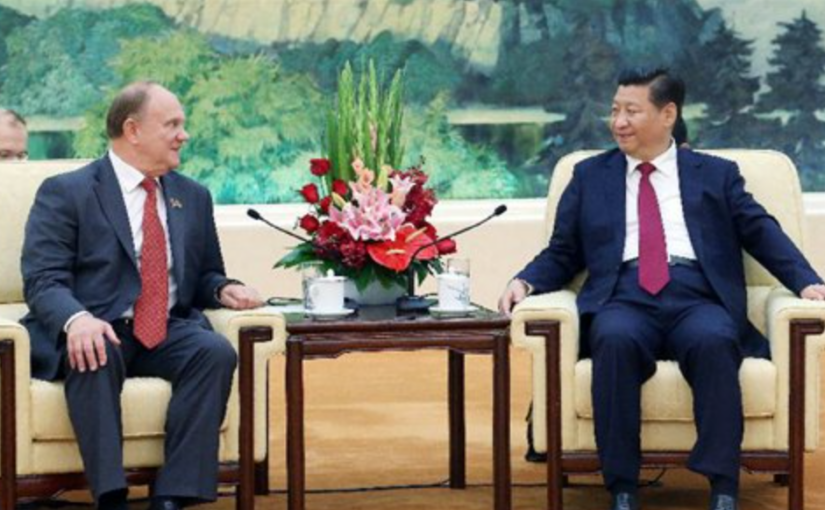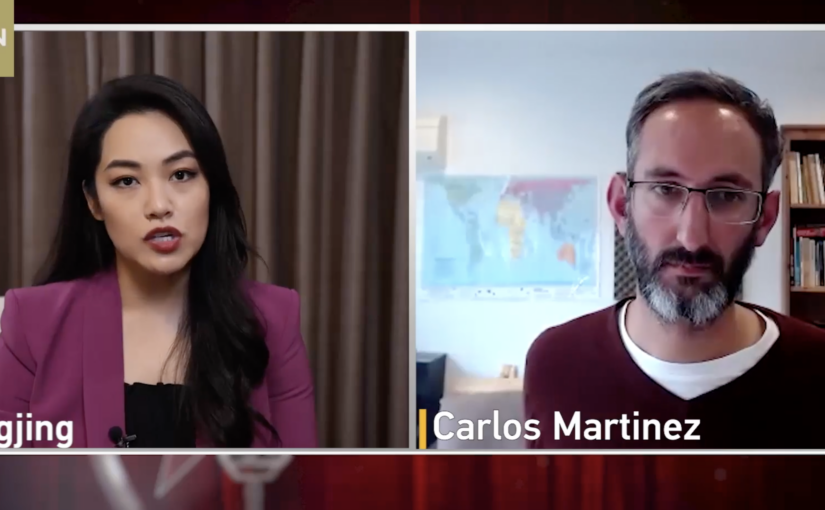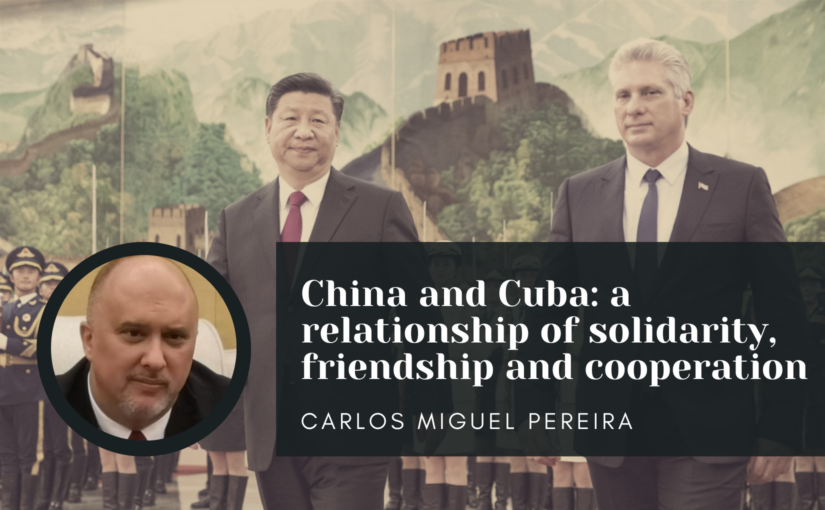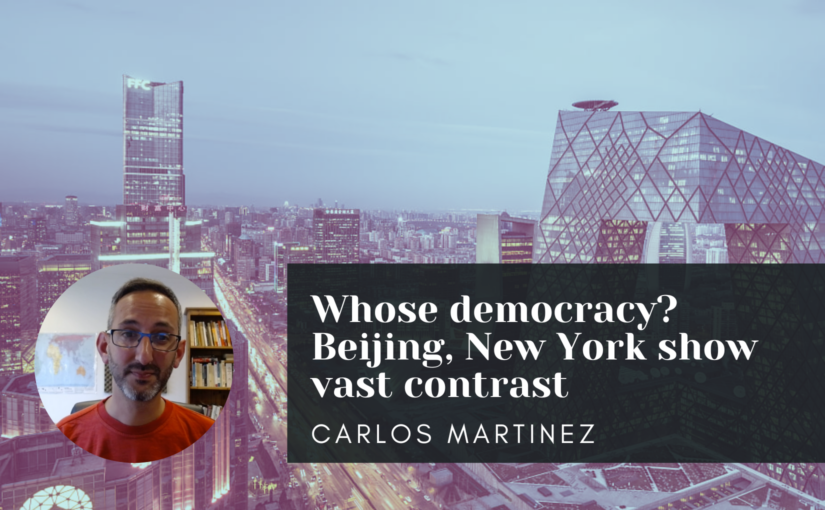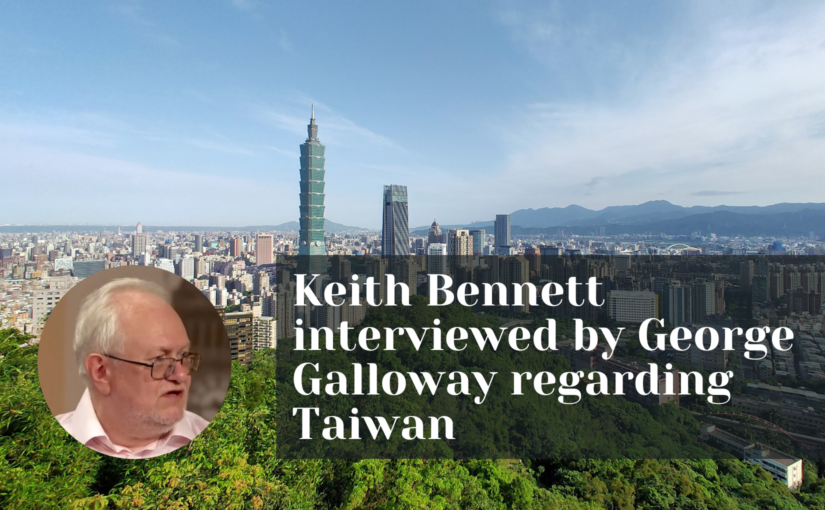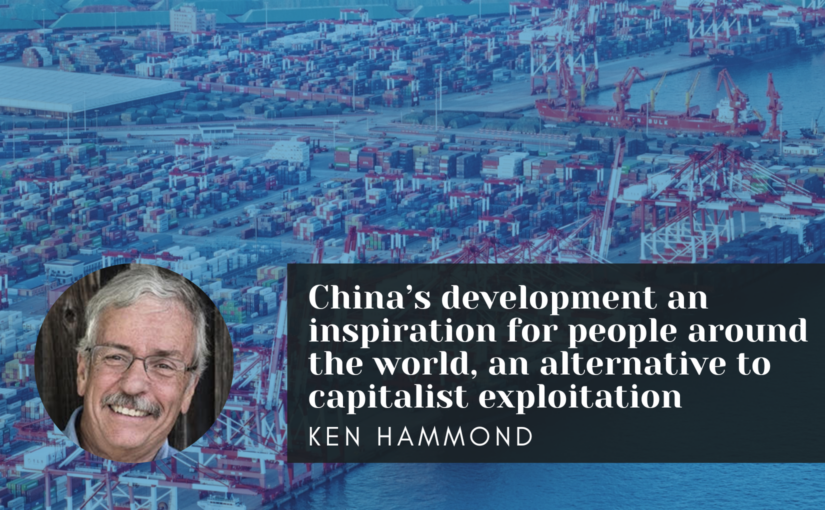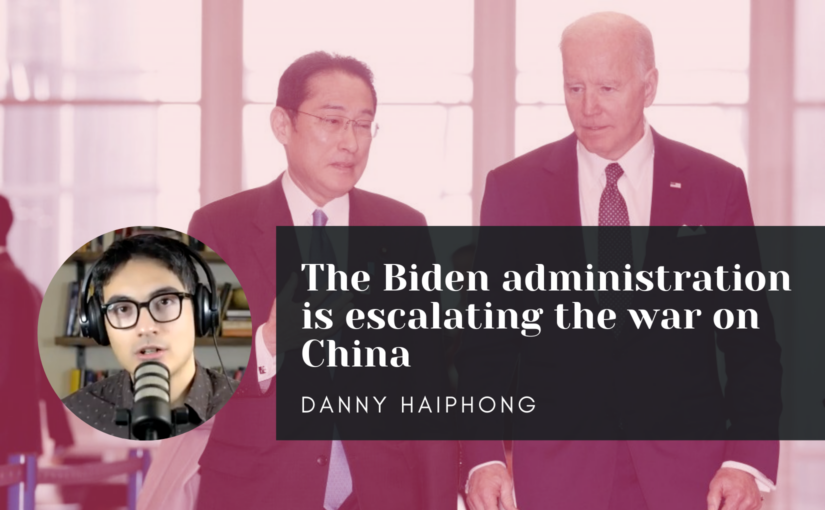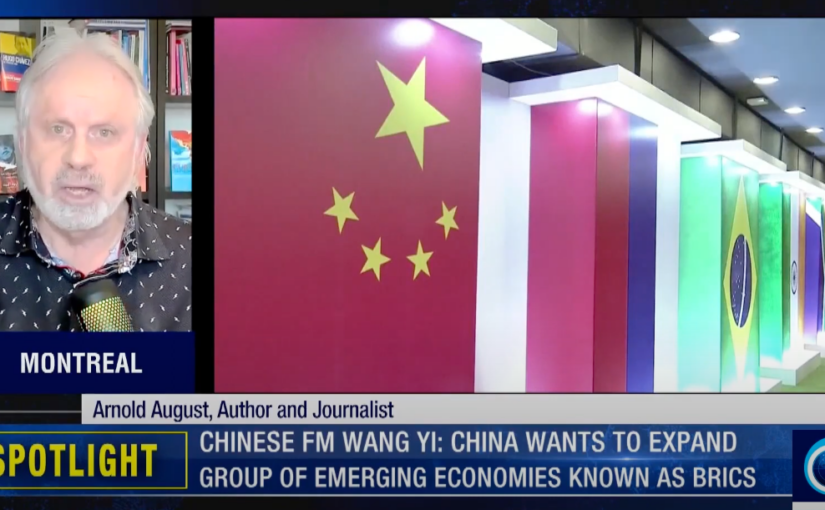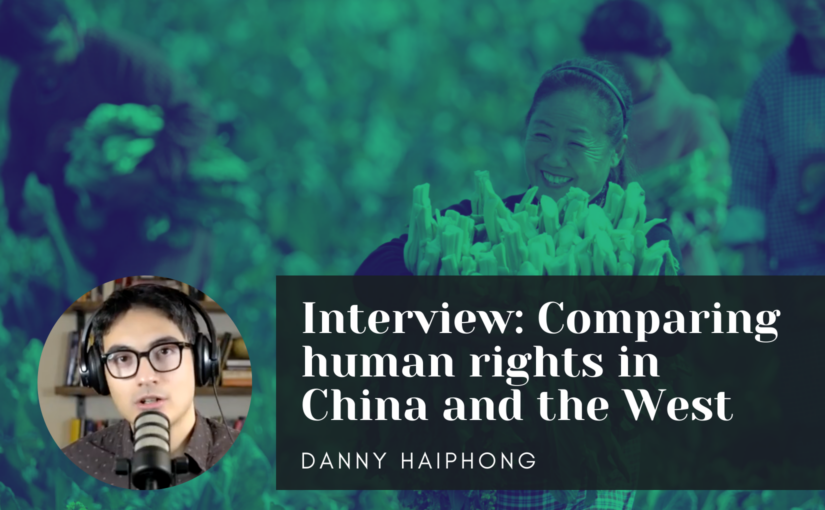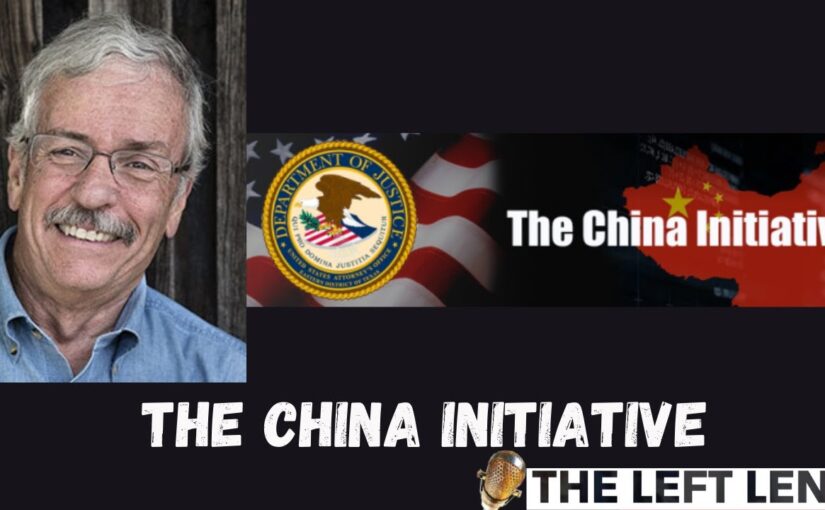In this interview for Xinhua, carried out against the backdrop of President Biden’s so-called Summit for Democracy 2023, Carlos Martinez rejects the US ruling class’s claim to be the arbiter of which countries are democratic and which aren’t. The US is in fact “a democracy for the capitalist class – the ruling class, the group of people that own and deploy capital.” Such a democracy “prioritizes fossil fuel profits over preventing climate breakdown; it prioritizes private medical companies and pharmaceutical industry profits over saving lives; it prioritizes the military-industrial complex over preserving peace.” Noting the disastrous and escalating levels of systemic racism in the US, Carlos asks: “Does anybody seriously think this represents the pinnacle of democracy?”
Carlos contrasts the actions of the US government with those of China: “The Chinese government is prioritizing common prosperity, developing clean energy systems in order to protect the planet, rolling out infrastructure throughout the country, tackling corruption, building peaceful and mutually beneficial relations with the peoples of the world.” The alignment between the government’s actions and the needs and aspirations of ordinary people is a strong indicator that China is far more democratic than its detractors in the West.
The United States is portraying itself as the universal model of democracy, but in fact its system is “plutocratic rather than democratic,” British political commentator Carlos Martinez has said.
“As a capitalist democracy, the U.S. is a democracy for the capitalist class — the ruling class, the group of people that own and deploy capital. As many people have pointed out, it is a money democracy, and the government meets the interests primarily of the wealthy,” Martinez told Xinhua in a recent written interview.
“In England we say that ‘the proof of the pudding is in the eating.’ Similarly, you can tell the nature of a government by its actions; by its economic, political and social priorities,” he wrote.
In Martinez’s view, the U.S. government “prioritizes fossil fuel profits over preventing climate breakdown; it prioritizes private medical companies and pharmaceutical industry profits over saving lives; it prioritizes the military-industrial complex over preserving peace. These priorities match those of the elite, not the people, not the vast majority of people that work for a living.”
Despite being one of the richest countries in the world, the United States sees an increasing number of homeless people each year and declining life expectancy, he said.
“The scourge of racism is getting worse in the U.S. This structural racism is evident throughout society: in health indicators, in educational outcomes, in economic outcomes,” Martinez noted.
“Black people, Latinos and indigenous Americans are far more likely to suffer chronic poverty, to live in crowded housing, and to lack access to healthcare. This is the continuing unaddressed legacy of slavery, genocide, colonization and apartheid. Does anybody seriously think this represents the pinnacle of democracy?” he asked.
“Given the state of U.S. democracy, it’s nothing short of farcical that the (Joe) Biden administration persists with organizing the so-called Summit for Democracy,” Martinez said.
He further said that the U.S. government is failing to improve people’s lives, and so “it uses nice words about democracy to attract voters.”
On geopolitics, the Biden administration is using the summit to consolidate an alliance that seeks to protect U.S. hegemony and impede humanity’s movement towards multipolarity, noted Martinez, who also closely watched the first episode of the summit in 2021.
“The Summit for Democracy is, in reality, a summit for hegemony,” he said.
Speaking of China’s democratic practices, he said that the Chinese government is “prioritizing common prosperity, developing clean energy systems in order to protect the planet, rolling out infrastructure throughout the country, tackling corruption, building peaceful and mutually beneficial relations with the peoples of the world.”
“These priorities are entirely consistent with the needs and aspirations of the Chinese people,” he wrote.
Citing challenges such as climate change, nuclear proliferation and poverty, Martinez said what the world needs is genuine democracy in international relations.
“Cooperation, mutual respect, non-interference and a win-win approach are absolutely necessary to secure a safe future for humanity,” he said.
